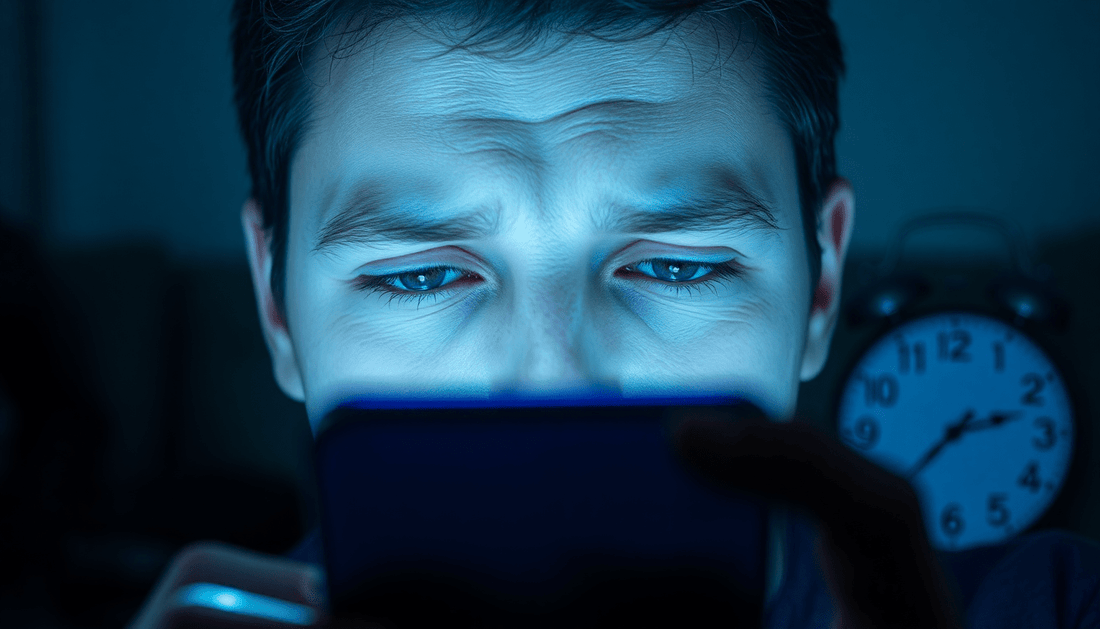Today, we live in an increasingly connected world, where screens are an integral part of our daily lives. Whether for work, leisure, or communication, we spend countless hours in front of our computers, smartphones, and other electronic devices. However, this omnipresence of screens is not without consequences, and one of the main dangers we face is blue light.
Blue light is a wavelength of visible light that ranges between 400 and 500 nanometers. This light is particularly present in LED screens, computer monitors, televisions, and smartphones. While this light is necessary for vision and regulating our body clock, excessive exposure can have adverse effects on our health.
First, blue light can negatively impact our sleep. This light tends to suppress the secretion of melatonin, the sleep hormone. This can lead to difficulty falling asleep, nighttime awakenings, and chronic fatigue. Since a good night's sleep is essential for our physical and mental well-being, it's important to limit our exposure to blue light, especially in the evening.
Additionally, blue light can also affect our vision. It can cause eye strain, headaches, and even long-term damage to the retina. This is because blue light penetrates deeper into the eye and can damage light-sensitive cells.
Finally, blue light is also suspected of impacting our mood and concentration. In fact, prolonged exposure could lead to symptoms of anxiety, depression, and stress. This is because blue light can disrupt the production of certain neurotransmitters, such as serotonin and dopamine.
To limit the harmful effects of blue light, there are several simple solutions you can implement. First, it's recommended to reduce screen time, especially in the evening. You can also use blue light filters on your devices or set your smartphone to "night" mode. Finally, it's important to take regular breaks and engage in relaxing activities to unwind.
In conclusion, blue light is a major public health issue of our time. Although this light is unavoidable in our digital society, it is essential to be aware of its harmful effects and implement solutions to preserve our well-being. Together, we can meet this challenge and fully enjoy the benefits of technology while preserving our health.
The main effects of blue light
- Disruption of sleep and melatonin production
- Eye strain and long-term damage to the retina
- Negative impacts on mood and concentration
How to limit the harmful effects of blue light?
- Reduce screen time, especially in the evening
- Use blue light filters on your devices
- Activate “night” mode on your smartphone
- Take regular breaks and engage in relaxing activities

